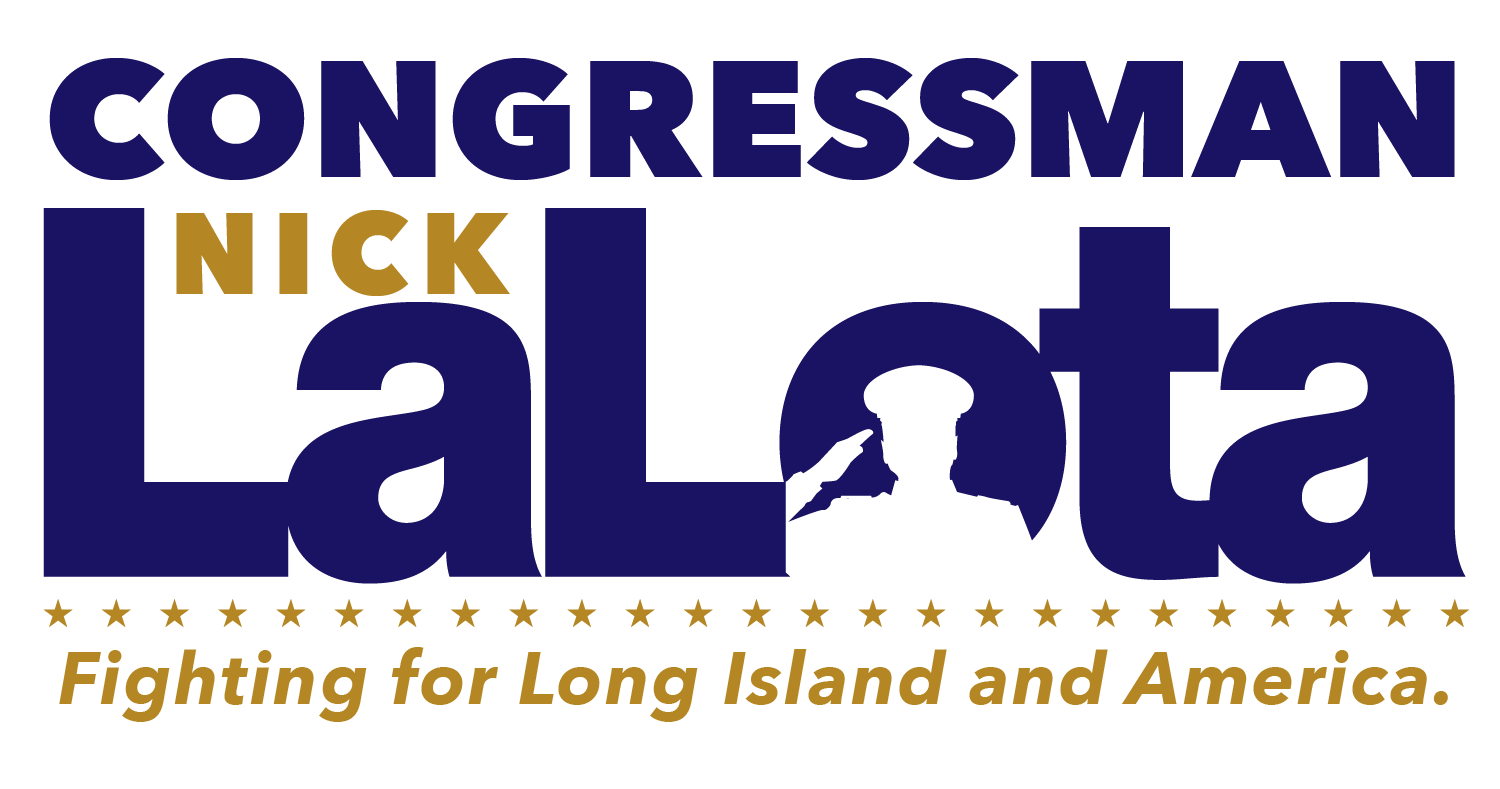Election Integrity
The lack of Voter ID, proliferation of absentee ballots, and big tech companies' political biases have caused many Americans to lose confidence in our elections. As a former Elections Commissioner, I am uniquely qualified to address these issues in Congress.
I served as Suffolk County’s Republican Elections Commissioner from 2015 to 2021, after being twice nominated by the Republican Party and confirmed by the Suffolk County Legislature. My 60-member staff and I oversaw town, county, state, and federal elections in a county with more voters than 10 individual states. In 2016, even before election integrity became a widespread concern, Newsday highlighted my efforts to combat voter fraud.
Voter ID
In New York, where there's no Voter ID law, committing voter impersonation fraud at a polling place is relatively easy. A fraudster can simply present a signature on an iPad that resembles the real voter's signature. This vulnerability undermines our democracy, which is why I testified before the New York Senate Elections Committee, advocating for a photo Voter ID law. Unfortunately, my advocacy fell on deaf ears in the Senate, controlled by Democrats.
In Congress, I supported the American Confidence in Elections Act, requiring voters to present an ID for any Federal Election. If a qualified voter doesn't have an ID, one should be made available at no cost, avoiding a de facto poll tax. Voters without an ID should also have the option to vote by affidavit ballot.
Absentee Ballots
The proliferation of absentee ballots has opened the door to fraud by impersonation and coercion. While absentee voting is appropriate for those unable to reach the polls, such as military personnel, hospitalized individuals, or those traveling, expanding absentee voting beyond these groups poses significant risks.
Absentee balloting allows fraudsters to forge signatures on ballot applications or oath envelopes. My Board of Elections staff and I once caught an individual forging his deceased mother's signature to vote in her name, leading to his arrest and prosecution. However, many frauds go unchecked due to loopholes in our state election law, such as requiring both parties' elections clerks to agree a signature mismatch warrants invalidation.
Additionally, fraud by coercion can occur during absentee voting, as there's no chain of ballot custody. A parent can coerce an adult child or elderly relative to vote a certain way, or a boss can pressure employees to multiply the boss's vote. Voting outside controlled environments with election inspectors increases the likelihood of fraud and diminishes confidence in our elections. In Congress, I have fought and will continue to fight to limit absentee ballots in Federal Elections to those unable to reach the polls.
Big Tech in Our Elections
Big tech companies have become omnipresent, and Congress must regulate the tech industry to ensure its coding is politically neutral or properly disclaims any censorship. In 2020, prominent tech companies suppressed or censored legitimate news of Hunter Biden's kickback scheme, while uncertain reporting about President Trump's taxes went unchecked. This skewed voters' perceptions and influenced the election outcome.
Big tech and social media companies are private entities and should have control over their platforms. However, users shouldn't be misled into believing their content is politically neutral. Such manipulative tactics undermine the core of our democracy.
Conclusion
Our democracy thrives when candidates campaign on a fair and transparent playing field. Voter ID, limiting absentee ballots, and providing transparency to big tech's algorithms will level the playing field, build confidence in our elections, and ensure the candidate with the most valid votes wins. As a former elections commissioner, I will never stop fighting for just that in Congress!

